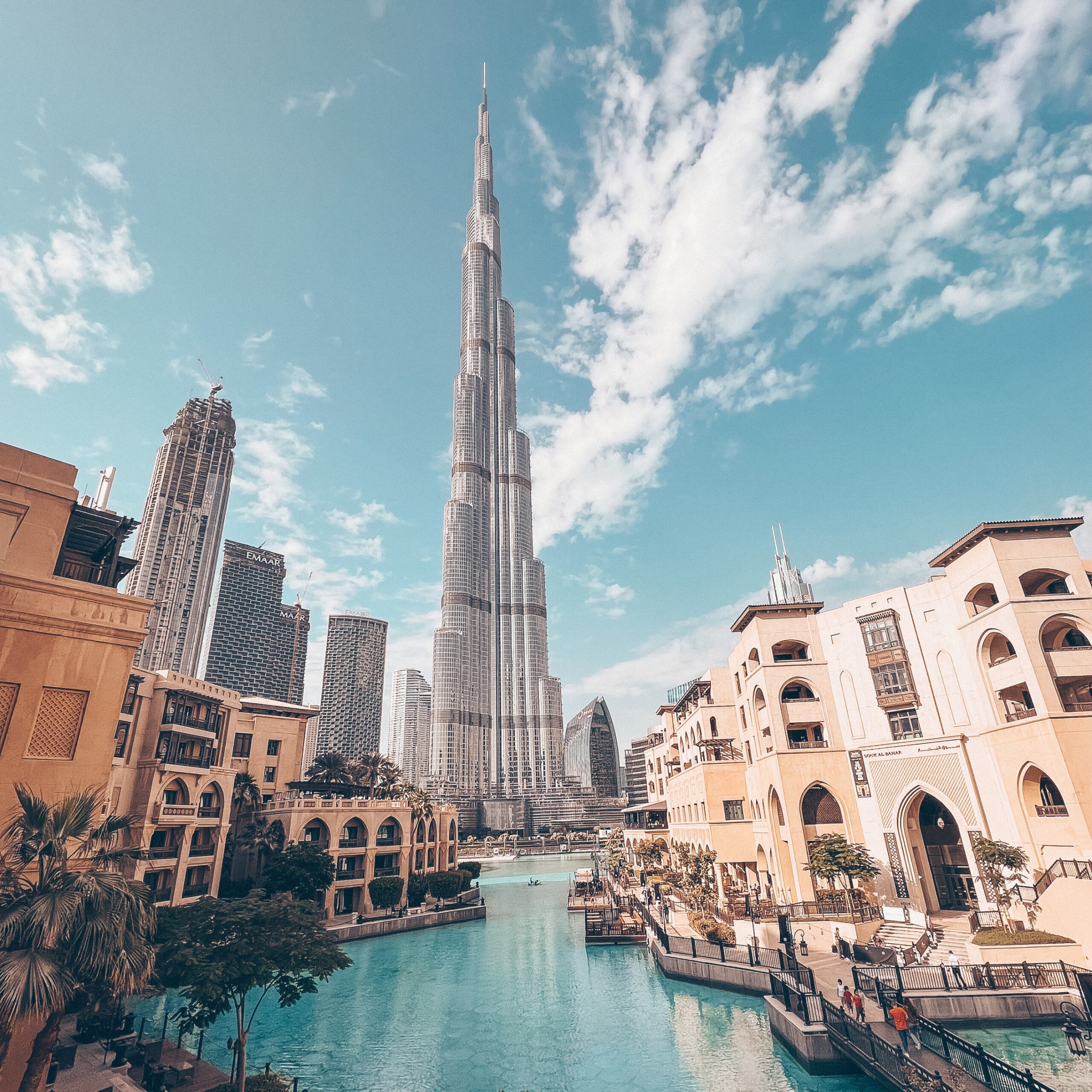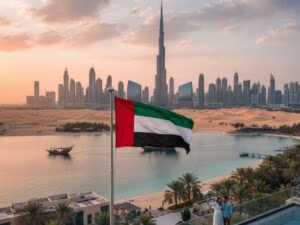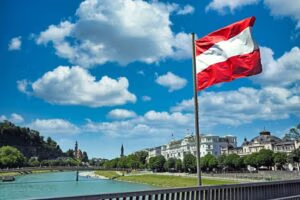Acquiring the title of the “City of Gold” is no easy feat. Dubai’s tale of wealth is anchored on the influx of the world’s brightest to this burgeoning global hub. As its skyline graces new highs, so does its population of millionaires. For the third consecutive year, the UAE is on track to secure its position as the top global destination for wealthy individuals, with an unprecedented 6,700 affluent migrants expected to settle in the Emirates by this year’s end, according to the Henley Private Wealth Migration Report 2024.
Gaurav Aidasani, Founder & Managing Director of Union Square House, shared insights on Dubai’s millionaire trend, and what it really means for the UAE’s fastest-growing metropolis. “It’s a powerful combination of tax advantages, unmatched lifestyle offerings, and the city’s growing reputation as a safe and stable haven for global wealth,” said Aidasan.
An unstable global landscape pushes Dubai to center stage
Ongoing economic turmoil and political uncertainties in Russia and Eastern Europe serve as a key factor that pushes HNWIs to seek more secure environments. Data from the Henley Private Wealth Migration Report reveals that Russia alone is expected to lose over 1,000 millionaires by 2024. As concerns over economic sanctions and geopolitical instability persist, “Dubai offers a politically neutral, financially secure refuge for those looking to protect and grow their wealth in an increasingly volatile world,” according to Aidasani.
Across the Bering Strait, economic crises in Venezuela and Argentina have fuelled an exodus of wealthy individuals seeking stability. Faced with hyperinflation and devaluation of local currencies, affluent Latin Americans are turning to Dubai, which offers a stable currency, investment-friendly climate, and lucrative opportunities.
Dubai, an escape from high-tax regimes
Archaic tax systems pose a hindrance to wealth generation and retention in most developed economies. Dubai, and the UAE at large, offer an attractive alternative for HNWIs looking to secure their wealth. In 2024, the UK has seen a significant outflow of millionaires, with many seeking refuge from high taxes and economic uncertainty. Aidasani noted that “many HNWIs are relocating to tax-friendly destinations like Dubai, drawn by its favorable business environment and opulent lifestyle.”
The same trend was observed in Western Europe, as “wealthy individuals from high-tax countries like France and Italy are also flocking to Dubai”. A 2024 survey by Arton Capital’s Affluence & Elections indicates that 21% of young millionaires from the UK and France, aged between 18 and 34, are selecting Dubai as their primary relocation destination due to its favorable tax policies and high quality of life.
Dubai’s flourishing business landscape
Dubai’s status as a global business hub is drawing HNWIs from across Asia, particularly from India, China, and Hong Kong. Taylor Wessing’s report notes that Dubai provides Indian investors with better real estate returns of 5–6% compared to 2-3% in India, offering attractive currency gains relative to the rupee. Similarly, “Chinese and Hong Kong investors are drawn to Dubai’s investor-friendly environment and booming real estate markets,” remarked Aidasani.
Aside from the world, Dubai is also attracting wealth from within the MENA region. Affluent individuals from neighboring MENA countries are moving to Dubai to take advantage of its advanced infrastructure, high standard of living, and stable investment climate. Savills projects that during the next five years, Dubai’s net migration rate will surpass 8%, making it one of the top mobility leaders in the Middle East.
What does a millionaire influx mean for Dubai?
Risk of overheating
The rapid influx of wealthy individuals is contributing to significant growth in Dubai’s real estate market, with property prices and rental rates soaring. While this has spurred new developments, there are concerns about potential overheating and the risk of speculative bubbles. Regulatory measures may be necessary to ensure sustainable growth in the property market.
Diversification of investment portfolios
Dubai’s new millionaires are not solely focused on residential real estate. Increasingly, they are diversifying their portfolios into commercial properties, mixed-use developments, and alternative investments such as technology startups. This trend is helping to balance the real estate market and create a more resilient economic environment, reducing the risk of over-reliance on any one sector.
Infrastructure expansion
To accommodate the growing population of HNWIs, Dubai is accelerating its infrastructure development. Major expansions in the city’s metro system, road networks, and public services are underway, ensuring that Dubai remains a world-class city capable of meeting the needs of its residents and businesses. These projects will further solidify Dubai’s status as a global business and lifestyle hub.
Urban revitalization
The influx of wealth is also leading to the gentrification of older neighborhoods, transforming them into modern, vibrant areas. This process is enhancing the city’s aesthetic appeal and improving services, making Dubai even more attractive to new residents and investors alike. The revitalization of these areas is contributing to Dubai’s ongoing evolution as a cosmopolitan metropolis.
Dubai’s ability to attract a growing number of millionaires in 2024 is reshaping the city’s economic landscape. While the influx of wealth offers significant opportunities for development and investment, maintaining a balance between rapid growth and long-term sustainability will be key to securing Dubai’s future as a premier global destination for wealth and innovation.






